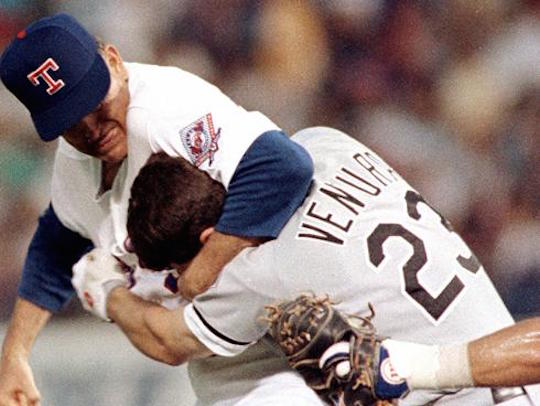The bold statement in today’s headline comes from Gary Saul Morson’s essay Why Kids Are Avoiding the Study of Literature. You should read the whole thing, but I was particularly struck by his interpretation of Chekhov’s “Enemies.” Quoted at length:
“Enemies” describes a doctor named Kirillov, whose son has just died, comforting his grieving wife as his face displays “that subtle, almost elusive beauty of human sorrow.” We empathize with him, not only for his grief over his son, but also because of his empathy for his wife. It’s a chain of empathy, and we are its last link.
Then the wealthy Abogin arrives to beg the doctor to visit his dying wife, and the doctor, with extreme reluctance, at last recognizes he has no choice. When they finally arrive, it turns out Abogin’s wife has only feigned illness to get rid of her husband long enough to escape with her lover. As Abogin cries and opens his heart to the doctor “with perfect sincerity,” Kirillov notices the luxurious surroundings, the violoncello case that bespeaks higher cultural status, and reacts wrathfully. He shouts that he is the victim who deserves sympathy because the sacred moment of his own mourning has been ruined for nothing.
Nothing makes us less capable of empathy than consciousness of victimhood. Self-conscious victimhood leads to cruelty that calls itself righteousness and thereby generates more victims. Students who encounter this idea experience a thrill of recognition. Kirillov experiences “that profound and somewhat cynical, ugly contempt only to be found in the eyes of sorrow and indigence” when confronted with “well-nourished comfort,” and he surrenders to righteous rage.
Our ability to appreciate other people’s suffering is inversely proportional to our understanding of our own—not how much we have suffered, but how conscious we are of it. Self-pity might be the opposite of empathy.


